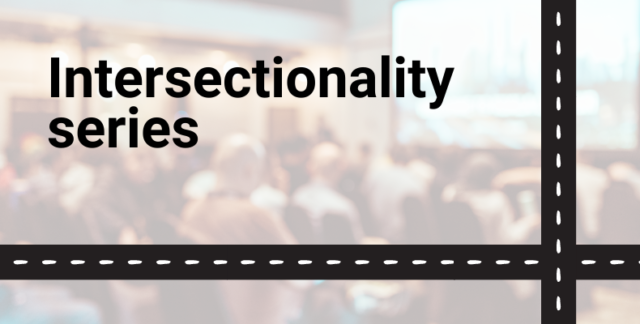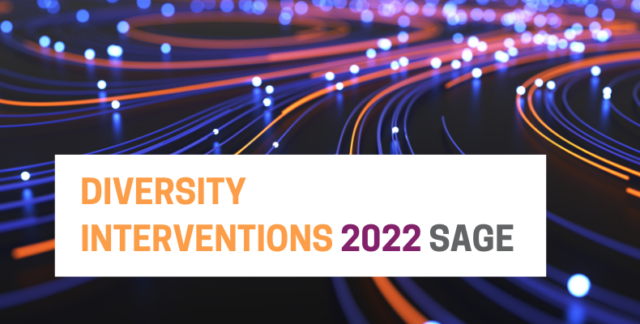We use workforce and student data to pinpoint barriers to equity, diversity and inclusion within an organisation. The same data also helps us track our progress in removing those barriers.
However, collecting diversity data—particularly to enable intersectional analysis—often requires asking individuals to provide potentially sensitive information about themselves. Organisations have an obligation to ensure that they are capturing and responding to these data in an ethical manner.
In this webinar, we ask three experts in data ethics and research methods to explain:
- what kinds of data we should collect and why;
- how we can maximise participation, minimise invasiveness and be respectful in our data collection;
- how we should communicate the value proposition for disclosing personal data; and
- the ethical and legal considerations around collecting diversity data.
Through their presentations and the subsequent panel discussion (facilitated by Gail Crimmins, University of the Sunshine Coast), they outline key principles to follow so that your data collection achieves good outcomes for all stakeholders.
Speakers
Trinity McNicol
Data Strategy and Governance Team, University of Queensland.
Associate Professor Jay Phillips
Head of School, School of Indigenous Australian Studies, Charles Sturt University.
Associate Professor Dominique Allen
Director, Labour, Equality and Human Rights research group, Monash University.
Sign in to read the full article.



